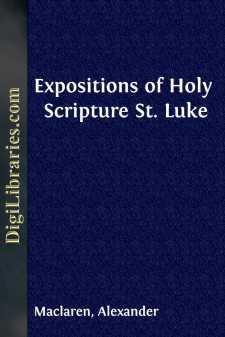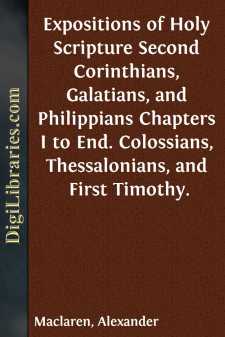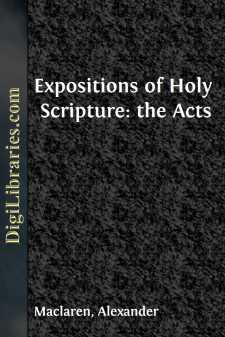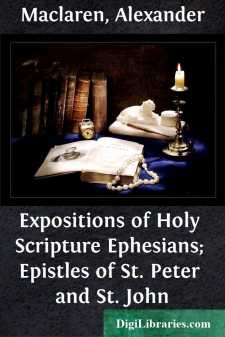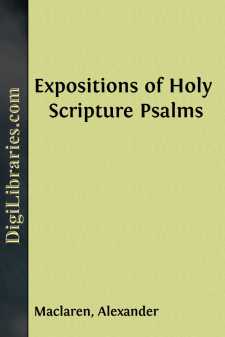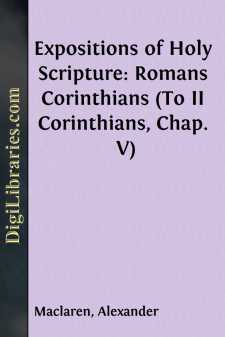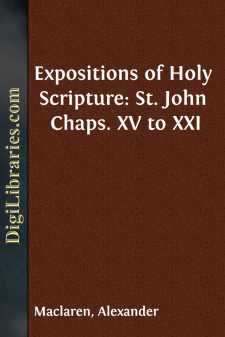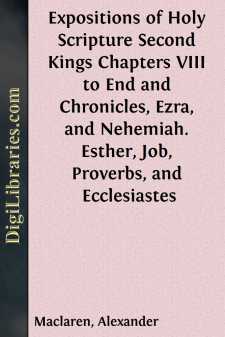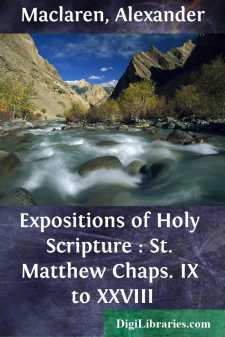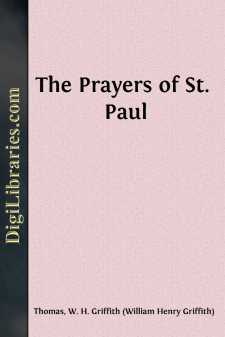Categories
- Antiques & Collectibles 13
- Architecture 36
- Art 48
- Bibles 22
- Biography & Autobiography 814
- Body, Mind & Spirit 145
- Business & Economics 28
- Children's Books 17
- Children's Fiction 14
- Computers 4
- Cooking 94
- Crafts & Hobbies 4
- Drama 346
- Education 58
- Family & Relationships 59
- Fiction 11834
- Foreign Language Study 3
- Games 19
- Gardening 17
- Health & Fitness 34
- History 1378
- House & Home 1
- Humor 147
- Juvenile Fiction 1873
- Juvenile Nonfiction 202
- Language Arts & Disciplines 89
- Law 16
- Literary Collections 686
- Literary Criticism 179
- Mathematics 13
- Medical 41
- Music 40
- Nature 179
- Non-Classifiable 1768
- Performing Arts 7
- Periodicals 1453
- Philosophy 66
- Photography 2
- Poetry 897
- Political Science 203
- Psychology 45
- Reference 154
- Religion 516
- Science 126
- Self-Help 85
- Social Science 82
- Sports & Recreation 34
- Study Aids 3
- Technology & Engineering 59
- Transportation 23
- Travel 463
- True Crime 29
Our website is made possible by displaying online advertisements to our visitors.
Please consider supporting us by disabling your ad blocker.
Expositions of Holy Scripture St. Luke
Description:
Excerpt
'There was, in the days of Herod the king of Judea, a certain priest named Zacharias, of the course of Abia: and his wife was of the daughters of Aaron, and her name was Elisabeth. 6. And they were both righteous before God, walking in all the commandments and ordinances of the Lord blameless. 7. And they had no child, because that Elisabeth was barren; and they both were now well stricken in years. 8. And it came to pass, that, while he executed the priest's office before God in the order of his course, 9. According to the custom of the priest's office, his lot was to burn incense when he went into the temple of the Lord. 10. And the whole multitude of the people were praying without at the time of incense. 11. And there appeared unto him an angel of the Lord standing on the right side of the altar of incense. 12. And when Zacharias saw him, he was troubled, and fear fell upon him. 13. But the angel said unto him, Fear not, Zacharias: for thy prayer is heard; and thy wife Elisabeth shall bear thee a son, and thou shalt call his name John. 14. And thou shalt have joy and gladness; and many shall rejoice at his birth. 15. For he shall be great in the sight of the Lord, and shall drink neither wine nor strong drink; and he shall be filled with the Holy Ghost, even from his mother's womb. 16. And many of the children of Israel shall he turn to the Lord their God. 17. And he shall go before Him in the spirit and power of Elias, to turn the hearts of the fathers to the children, and the disobedient to the wisdom of the just; to make ready a people prepared for the Lord.' —LUKE i. 5-17.
The difference between the style of Luke's preface (vs. 1-4) and the subsequent chapters relating to the Nativity suggests that these are drawn from some Hebrew source. They are saturated with Old Testament phraseology and constructions, and are evidently translated by Luke. It is impossible to say whence they came, but no one is more likely to have been their original narrator than Mary herself. Elisabeth or Zacharias must have communicated the facts in this chapter, for there is no indication that those contained in this passage, at all events, were known to any but these two.
If we were considering a fictitious story, we should note the artistic skill which prepared for the appearance of the hero by the introduction first of his satellite; but the order of the narrative is due, not to artistic skill, but to the divinely ordered sequence of events. It was fitting that John's office as Forerunner should begin even before his birth. So the story of his entrance into the world prepares for that of the birth which hallows all births.
I. We have first a beautiful outline picture of the quiet home in the hill country. The husband and wife were both of priestly descent, and in their modest lives, away among the hills, were lovely types of Old Testament godliness. That they are pronounced 'blameless' militates against no doctrine of universal sinfulness. It is not to be taken as dogma at all, but as the expression of God's merciful estimate of His servants' characters. These two simple saints lived, as all married believers should do, yoked together in the sweet exercise of godliness, and helping each other to all high and noble things. Hideous corruption of wedlock reigned round them. Such profanations of it as were shown later by Herod and Herodias, Agrippa and Bernice, were but too common; but in that quiet nook these two dwelt 'as heirs together of the grace of life,' and their prayers were not hindered.
The most of the priests who appear in the Gospels are heartless formalists, if not worse; yet not only Annas and Caiaphas and their spiritual kindred ministered at the altar, but there were some in whose hearts the ancient fire burned. In times of religious declension, the few who still are true are mostly in obscure corners, and live quiet lives, like springs of fresh water rising in the midst of a salt ocean. John thus sprang from parents in whom the old system had done all that it could do. In his origin, as in himself, he represented the consummate flower of Judaism, and discharged its highest office in pointing to the coming One.
This 'blameless' pair had a crook in their lot. Childlessness was then an especial sorrow, and many a prayer had gone up from both that their solitary home might be gladdened by children's patter and prattle. But their disappointed hope had not made them sour, nor turned their hearts from God. If they prayed about it, they would not murmur at it, and they were not thereby hindered from 'walking in all God's commandments and ordinances blameless.' Let us learn that unfulfilled wishes are not to clog our devotion, nor to silence our prayers, nor to slacken our running the race set before us....


